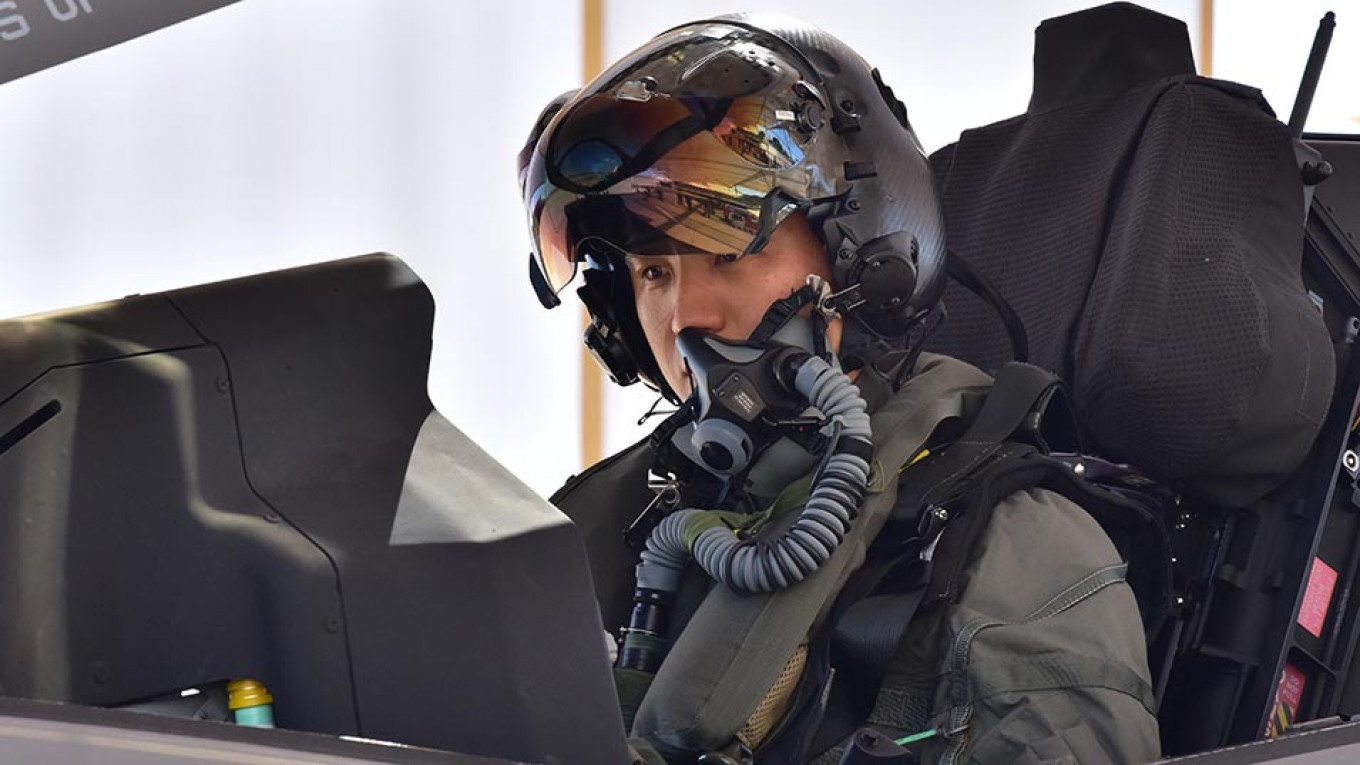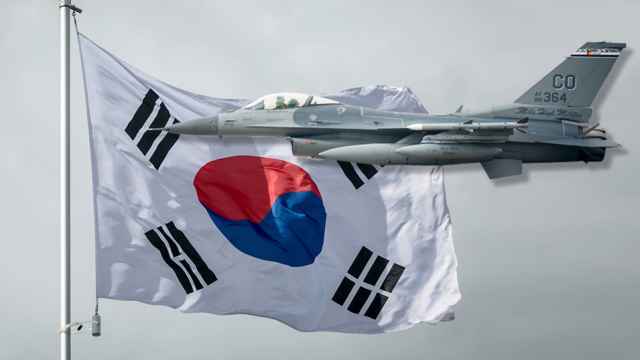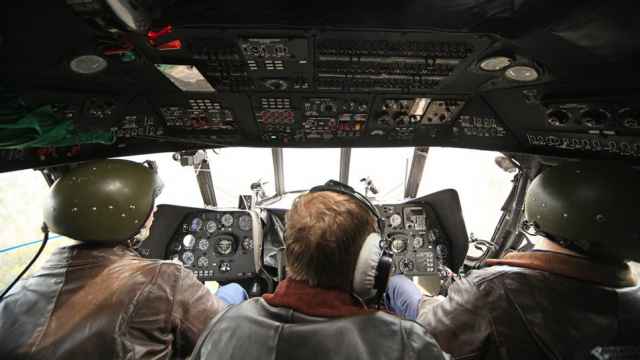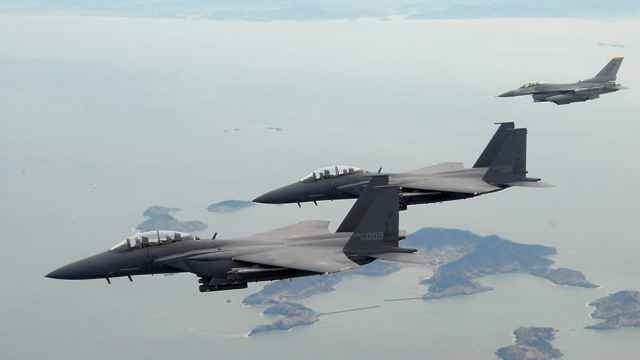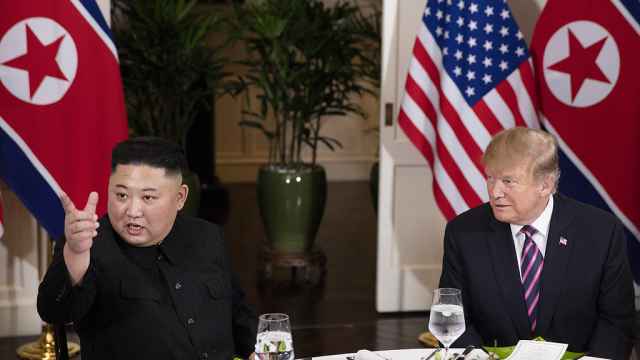South Korea scrambled fighter jets on Tuesday to warn Russian warplanes it said had entered its air space identification zone, the latest in a series of such incidents.
Seoul's Joint Chiefs of Staff (JCS) said six Russian military aircraft had repeatedly entered the Korea Air Defense Identification Zone (KADIZ) over a six-hour period. An ADIZ, unlike a nation's airspace, is where countries may demand that foreign aircraft take special steps to identify themselves.
Russia's Defense Ministry denied its bombers, which were accompanied by other Russian warplanes, had violated any countries' airspace and said that they had flown over neutral waters in the Sea of Japan, Yellow Sea and East China Sea.
The Russian authorities said that South Korean as well as Japanese fighter jets had accompanied two Russian strategic bombers on part of what it said was a planned patrol, Interfax news agency reported.
The wedge of sea between Japan, Russia and the Korean peninsula had long been a flashpoint amid a series of regional airspace disputes.
"Our military urgently dispatched fighter jets to track and monitor the aircraft and broadcast warning messages," the JCS said in a statement, adding that the incident marked the 20th breach of KADIZ by a Russian military plane this year.
In July, South Korean warplanes fired flares and hundreds of warning shots near Russian bombers that violated South Korean airspace during what Moscow said was its first long-range joint regional air patrol with China.
But there were no warning shots fired on Tuesday as the Russian aircraft did not enter South Korean territorial airspace, Seoul's military said.
South Korean and Russian military officials are due to hold talks on Wednesday on plans to open a hotline between their air forces as part of efforts to rein in unreported ADIZ entries.
A Message from The Moscow Times:
Dear readers,
We are facing unprecedented challenges. Russia's Prosecutor General's Office has designated The Moscow Times as an "undesirable" organization, criminalizing our work and putting our staff at risk of prosecution. This follows our earlier unjust labeling as a "foreign agent."
These actions are direct attempts to silence independent journalism in Russia. The authorities claim our work "discredits the decisions of the Russian leadership." We see things differently: we strive to provide accurate, unbiased reporting on Russia.
We, the journalists of The Moscow Times, refuse to be silenced. But to continue our work, we need your help.
Your support, no matter how small, makes a world of difference. If you can, please support us monthly starting from just $2. It's quick to set up, and every contribution makes a significant impact.
By supporting The Moscow Times, you're defending open, independent journalism in the face of repression. Thank you for standing with us.
Remind me later.



